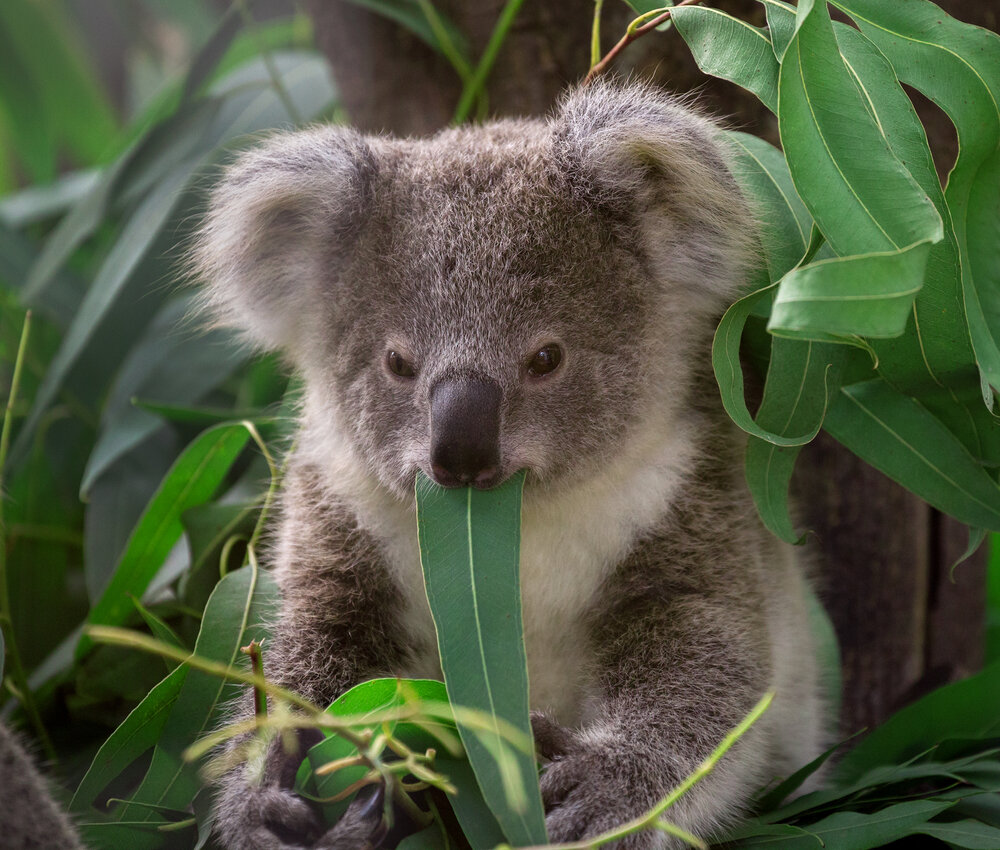
The Story.
The Inspiration.
My heart is filled with so much love for this planet (nature is amazing), and even more so for its inhabitants (I have loved animals since I was a little girl more than I can properly convey).
There is something magical about seeing an animal’s soul through their eyes and feeling a connection.
I have always been passionate about helping others; part of the reason I am in business is so that I am able to support my local community.
Seeing the incredible devastation that occurred during the wildfires in Australia moved me to finally begin my mission of combining my love of jewelry design with my love of nature on a more global scale, as love knows no bounds.
Why now? Why this cause?
Not only was this one of the most devastating natural disasters to occur in history, but koalas have always held a special place in my heart. One of my first stuffed animals as a child was a koala, and I later on received one that I was able to clip onto my purse strap, school bag, or loop in my jeans…. How cool did I feel then?! I have always felt a connection with them (one day I hope to hold one!), so this just felt right.
Wanting to help in any way that I could (getting on a plane to Australia was not an option), I created a line of eucalyptus inspired jewelry to raise funds and awareness for the organization Friends of the Koala.
Please read about how awesome they are, their continued dedication and the difference they are making, on The Heroes tab of our website.
Peace & Love,
Susan Bella Linski

The Devastation.
The 2019-2020 Australia’s wildfire season is ranked as one of the worst wildlife disasters in modern history. Nearly 45 million acres were scorched and nearly 60,000 koalas were either killed or harmed.
The magnitude of the devastation can't be compared to any other environmental event. Koalas lost an estimated 30% of their habitats.
In addition to the immediate threat of fires, koalas and other wildlife have other factors influencing their mortality including smoke inhalation, heat stress and dehydration, and increased competition for resources in their new habitats.

The Recovery.
Lost vegetation hasn’t just put animals in danger. Many plants themselves may also be at risk, though experts have yet to compile an official list.
For instance, the Koala’s main dietary source, Eucalyptus, known as alpine ash (Eucalyptus delegatensis) and mountain ash (E. regnans), are typically killed by fire and then regenerate from surviving seeds in the aftermath.
The problem now is that climate change has increased the frequency of fires to the degree that many plants are unable to reach adulthood (some species can take 15-20 years!) and set seed before the next fire passes through, meaning they may be lost from these ecosystems.
The Heroes.
Learn about the valiant efforts of the amazing organization we are supporting, Friends of the Koala.







